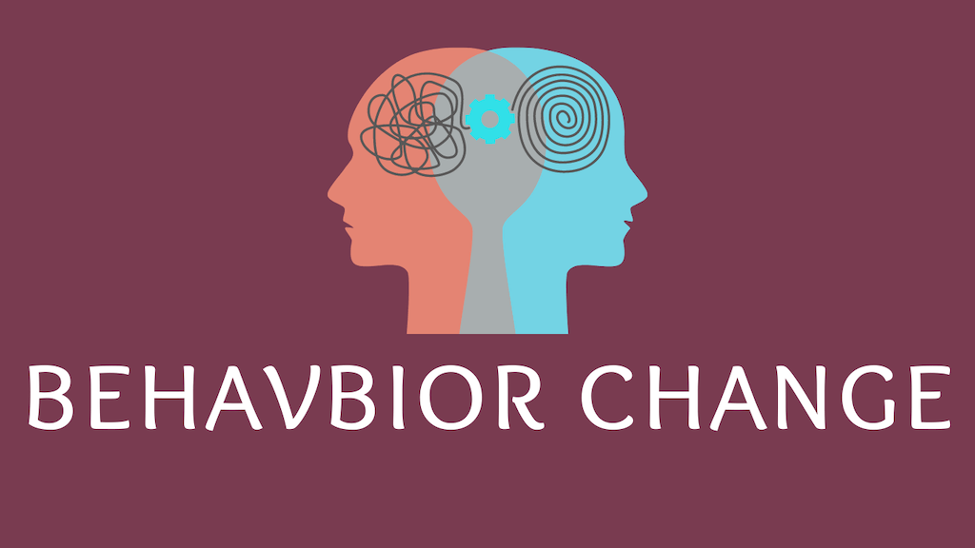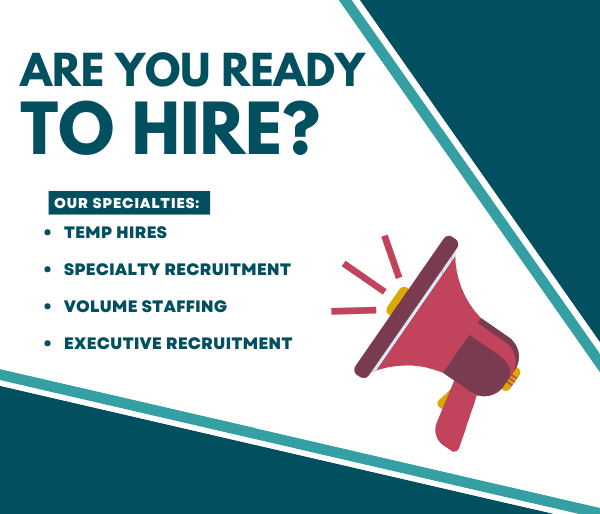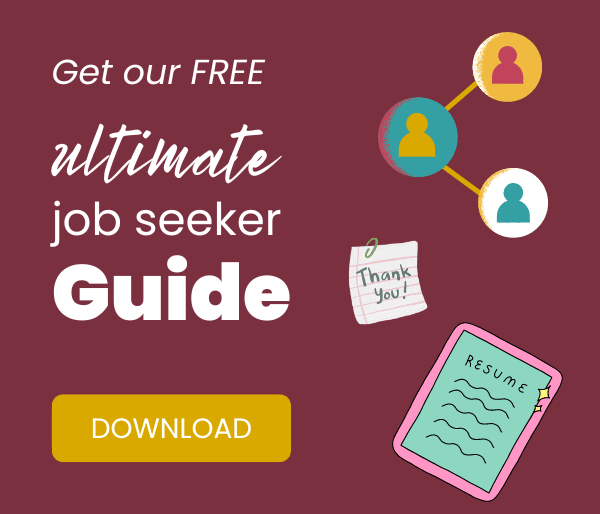Last Updated on September 20, 2024
Signs You Didn't Get The Job After An Interview
There are a few things you need to understand before going deep into this topic today. First of all, nobody has superpowers to know for sure what is going to happen or superpowers to read a recruiter’s mind. Second, the 19 obvious signs you didn’t get the job after an interview are not absolute truths because there is always room for misinterpretations.
However, everything you will be reading about in this article is based on what has been observed and what other job seekers like you have experienced. Now, remember that a job candidate’s situation or experience does not have to be everyone else’s. In other words, things can be different for you.
Another important thing you need to be aware of is that human beings tend to be harder on themselves; even harder than a hiring manager would be on you as a job candidate. That is, probably, because you have higher expectations when it comes to your own performance. Is it always good to stretch yourself? The answer is Yes, but you need to keep in mind that it is not always going to be about YOU! There are a few factors that you or any other job candidate can’t control.
Therefore, you need to focus on what YOU can control–your skills, standards, behavior, and your professionalism. Never lose sight of who you truly are. And remember that not being selected to do the job does not define you as a person or does not ALWAYS define you as a professional. All you can do is seek improvement and be prepared.
19 Signs You Didn’t Get The Job After An Interview

Among other things, the following signs can tell you whether or not a hiring manager or recruiter is interested in hiring you. Some of them will happen during the interview, while others will occur after the interview.
So, you are invited to think again about the interview to see if any of these things happened during and/or after your interview with the hiring manager.
There also are a few signs that are directly related to you. They are avoidable, fortunately. At least you now know that you can change some of the outcomes.
1. You Learned Nothing About the Company Prior to the Interview
If you didn’t learn anything about the company before you went to the interview, it can affect some of your answers to interview questions that have to do with the company culture or philosophy.
You don’t have to know everything about the company, but the more you know the better your chance is to create connections with your interviewer. Furthermore, learning a few things about the interviewer prior to the interview may be beneficial to you.
2. You Didn’t Take Some Time to Carefully Read the Job Description Before the Interview
If you did not read the job description carefully, you would never know what the company is looking for. This is called “showing up unprepared”. There is key information in a job description that could be very helpful to you as a job seeker or candidate; that is why it is always a good idea to study it.
Signs To Look For During A Job Interview To Know If You Didn’t Get The Job
The following are signs to pay attention to during the interview or to look for after the interview if you want to know whether or not you are going to get the job.
3. The Hiring Manager Suddenly Changed Behavior
Whenever someone starts seeing you differently their behavior toward you will change whether they want it or not. Therefore, if the recruiter stopped making eye contact with you, know that something went wrong. Also, if you realize that the hiring manager leaned back and remained like that, stopped taking notes, or seemed a little distracted, consider this as an obvious sign that they might not be interested in you.

4. The Recruiter Asked Questions That Are Vague And Easy
A recruiter who asks vague and easy questions has either already chosen a candidate for the job or has no interest in you. Sometimes, when the interviewer has a list of candidates to interview and they have made up their mind, they continue to interview the rest of the candidates that are on the list with no intention of hiring them because the perfect candidate was already been selected.
5. The Interviewer Shortened The Interview
If a hiring manager is not interested in hiring you after spending a few minutes interviewing you, they will shorten the interview. If you notice that the interview is very short, know that something went wrong.
Who wants to waste their time interviewing a candidate they think is underqualified or overqualified? Nobody does. The hiring manager will ask you fewer and fewer follow-up questions when they start losing interest in you.
6. The Recruiter Told You About Other Positions The Company Is Hiring For
If the recruiter suggested that you apply for a different position, it means that you did not get the job. They might just mention the other jobs and say that you would be a great fit for a specific one. That’s another way to tell you that you are not a good fit for the one you were being interviewed for.
7. The Interviewer Didn’t Let You Ask Any Questions
It is usually a negative sign when the interviewer does not give you the chance to ask questions. When a hiring manager asks you if you have any questions about the position or the company, it means that you might be on the list of candidates they will follow up with, which is better than not having the chance to ask questions at all.
8. The Job Requires That You Relocate But The Recruiter Didn’t Ask You If Would Be Ok To Relocate
Some jobs require that any new employees who don’t live in the country, state, or city where the office is, should relocate. They sometimes make it clear in the job description, sometimes they don’t. With that said, if the interviewer never mentioned that to you or didn’t ask you if you would be ok to relocate, it may be a sign that you didn’t get the job.
9. The Hiring Manager Barely Shared Information Related To the Company
Any hiring manager who is planning on giving you the job will take a few minutes to “sell” the company. They will tell you about the company’s culture, what they stand for, and some recruiters will even mention the particular benefits employees get. They do so because they want your attention. You will have something to think about when you get back home from the interview.
But if you see that they skipped this part—meaning they don’t share information about the company with you. This can be a sign that you are not a strong candidate for the position. Therefore, you did not or will not get the job.
10. The Recruiter Asked Irrelevant Questions
If you noticed that the interviewer started to ask you questions that are not related to the job, it’s not a good sign. Do you know what people do when they feel bored? Well, they change the subject. That can either mean that the interviewer thinks you are boring or you are truly boring. And nobody wants to hire a boring person.
The truth is you may not actually be a boring person but you sounded like one during the interview, which is fine because you can get better next time. There is always room for improvement.
Now there are a few reasons why someone may sound boring to a hiring manager. Reason number one is if the candidate realizes that they are no longer interested in working for this specific company.
Making the interviewer feel bored can be used as a technique to disqualify themselves even before the hiring manager makes a decision. And reason number two is when the hiring manager is trying to send a message that they are not or are no longer interested in recruiting you.
When that happens, they usually end the interview quickly and walk you out of the office. And that is the perfect moment for them to tell you that they will be interviewing other candidates and that they will follow up with you as soon as they are done with the process. All these things mean that you are NOT going to get the job.
11. The Hiring Manager Asked You A Specific Question Several Times
If you noticed that the interviewer kept coming back to a specific question or topic, it means there is a problem. It might be because you are overqualified or they have doubts that you would be a good fit for the position.
One of the most common things that hiring managers have problems with is the number of jobs you have had in a short period of time. This can make the interviewer think that you are the problem and that you must have done something wrong when you were working for these previous employers.
Don’t blame them because nobody wants to hire someone today and then fire them after a few days. That would be a waste of money, time, and energy.
12. You Felt Under-Qualified Or Overqualified
Sometimes you will have the feeling that you are overqualified or underqualified for a job. If you felt that way, the interview might have felt the same. Most interviewers would tell you that you are overqualified for the job if they think so.
13. The Interviewer Stated That You May Not Be A Good Fit For The Job

Depending on how fast an interviewer wants to finish the hiring process, they might tell you that you are not a good fit for the job. Some of them will say it during the interview while others will just send you an email a few hours after the interview to let you know.
14. The Hiring Manager Didn’t Want You To Give Your References
If the interviewer didn’t want you to give them the references you had, this usually means they are not interested in hiring you. Therefore, your references are not important to the hiring manager.
If you relied on your references to get the job, you made a big mistake. And this is true most of the time.
Signs To Pay Attention To After The Job Interview To Know If You Didn’t Get The Job.
These are a few signs to pay attention to after the job interview to know if you didn’t get the job. Keep in mind that the signs may differ from one company to another.
15. The Recruiter Never Sent You A Follow-Up Email Neither Gave You A Phone Call
If after about ten to fifteen days, you have not received any follow-up emails or phone calls to tell you about the “Next steps”, this usually means you did not get the job. If even after sending a thank-you email to the interviewer they never get back to you, this is a sign that you are not going to get the job.
However, you should still send them a follow-up email to show your interest in working for their company. You just need to be careful not to push it too much!
How Much Is Too Much When It Comes To Following Up With The Recruiter After A Job Interview?
What is enough for you might be too much for the hiring manager and vice versa. With that said, how many times can you follow up with your recruiter?
A week after sending the thank-you email to the recruiter—which should be done within 24 hours after the interview— you can send your first follow up email to let them know that you are still interested in the position. If you don’t hear from the recruiter, follow up a second time, and then a third time, if necessary, but following up more than three times is too much.
You don’t want to be too pushy. And you need to respect the recruiter’s time. Depending on how much the recruiter has on their plate, it might take longer than expected to reach out to you or to respond to your emails.
One more thing, you should never sound like you are begging for a job no matter how badly you need that job. Keep your chin up. This does not mean you have pride but rather, it means that you know what you are worth. You are a professional.
16. The Recruiter Gave You A Hiring Decision Date But Failed To Contact You By Then
One of the most exact factors that may tell you clearly if you didn’t get the job is when the interviewer gives you a hiring decision date. If they promised to follow up with you by that date, and you realized that they didn’t, this may communicate to you that you didn’t get the job.
If the company had to push the hiring decision date, know that they would contact you to inform you about it. So, if you did not receive any commutations from them at all, that may mean that you didn’t get the job.
17. The Hiring Manager Keeps Making Excuses
If you notice that the company is making excuses in their follow-ups with you after the interview, take this as a sign that you were not considered for the position. They may try to justify their decision to look for more applicants before they make a hiring decision.
18. The Company Posted New Ads About The Same Job Or The Job Listing Is Still Active
Say a week after your interview you see that the company is putting up new ads about the same job, it should be obvious to you that you did not get the job.
However, if you see the same job posting, don’t come up with a conclusion too quickly because they might take time to update their website. You should also keep in mind that they are still looking for more applicants if you see either a new or the same job listing.
19. The Recruiter Did Not Give You A Heads Up On What To Expect
When a recruiter is interested in a candidate, they make it clear to the candidate. If the interview went well, the interviewer will tell you what the next steps will be. If you didn’t get any heads up on what to expect after the interview, it may be a sign that you did not get the job.
In Conclusion
The 19 obvious signs you didn’t get the job after an interview makes it easier for you to know when to expect something positive after a job interview. You should not be too hard on yourself. It is not always about you because there are factors that you can’t control as a job seeker.
Among other things, when a hiring manager is not interested in recruiting you, they will change their behavior toward you during the interview, shorten the interview, and they will not offer more information about the company.
Moreover, when a recruiter thinks that you are not a good fit, they will not follow up with you soon after the interview, unless they are sending you the bad-news email about your rejection. You might see new ads about the job you were interviewed for. And finally, the recruiter will not tell you what the next steps are.

Emily Rushton, Founder and CEO of Hire Integrated, has over a decade of experience in recruitment, helping companies solve high-volume hiring challenges. Her unique, storytelling approach has made her a trusted leader in the industry, helping both businesses and candidates succeed.









